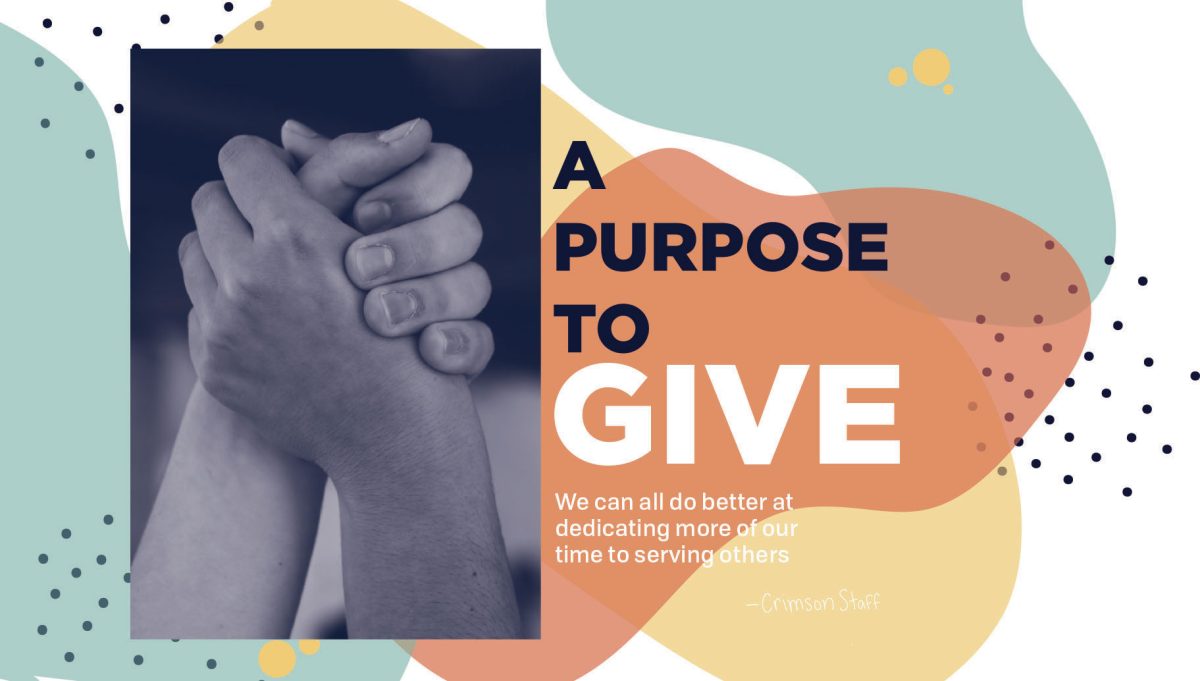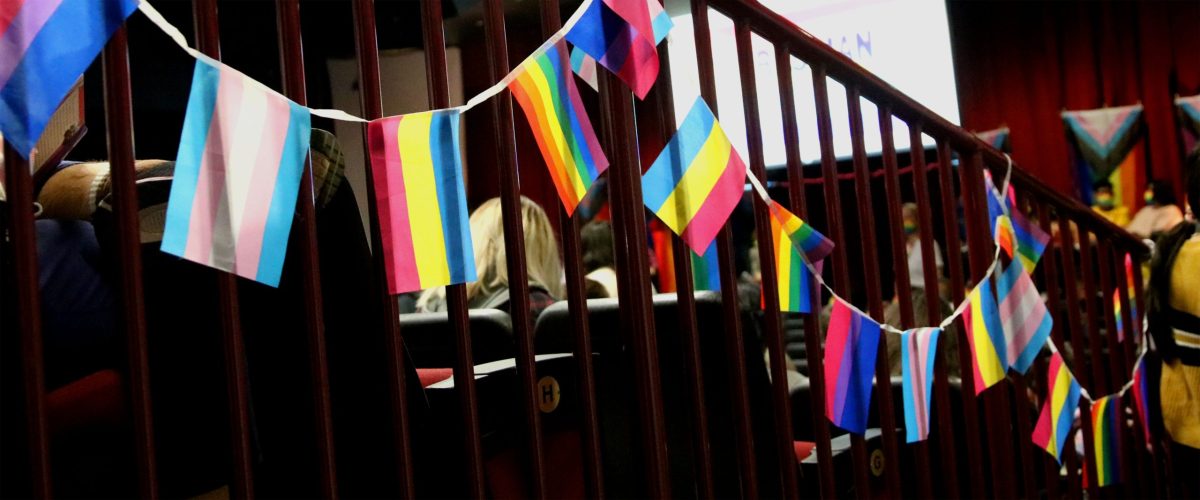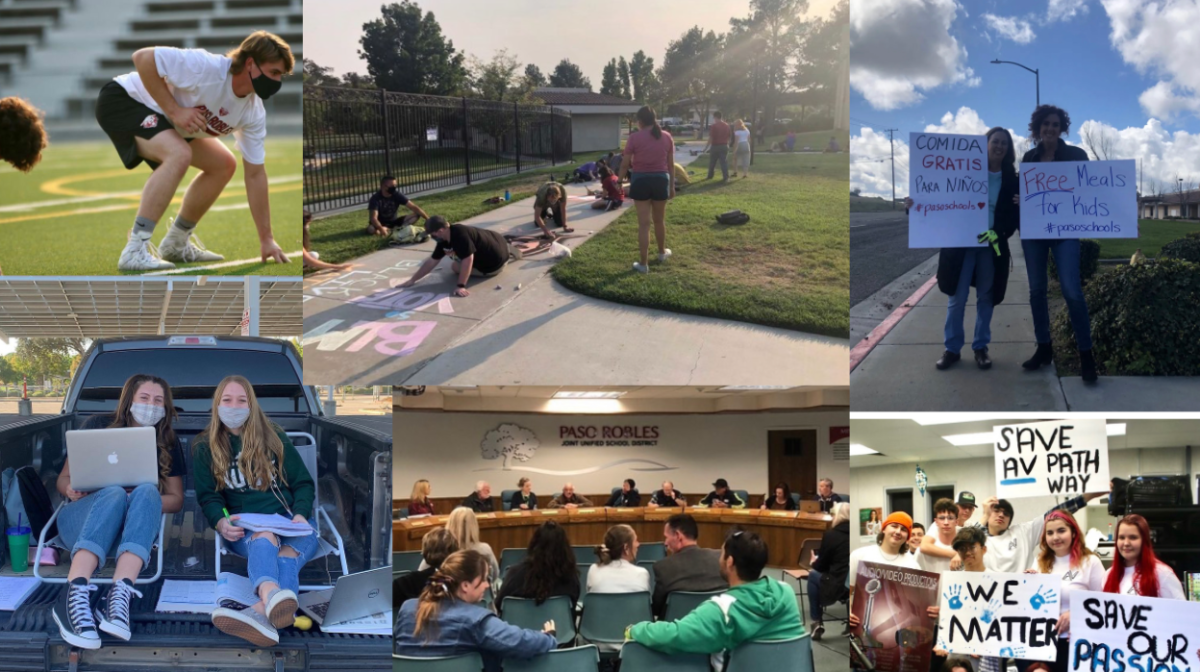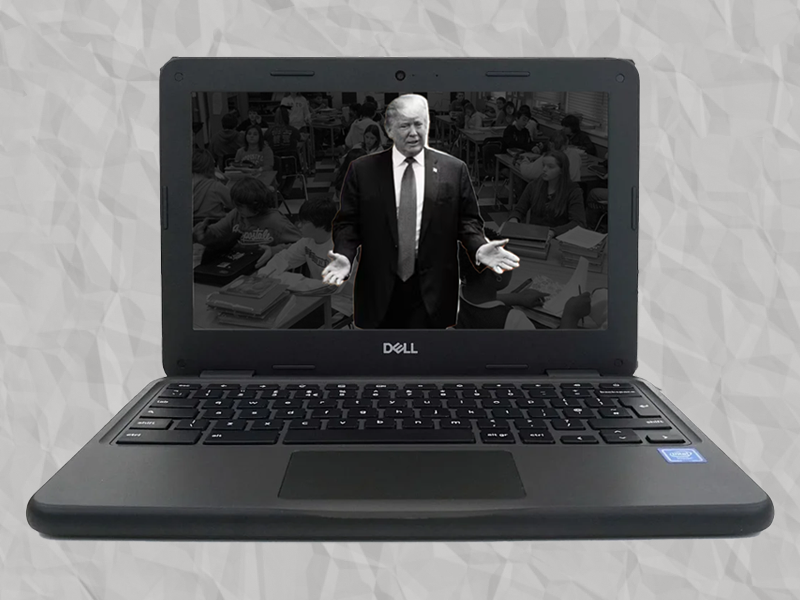Children of the 90s and early 2000s redefine social and political culture
Zodiac signs rule our lives. We’re millennials on steroids. We’re obsessed with our phones. We’re going to be the ones to end smoking. We’re culture creators. We live for social media and oversharing our personal lives. We’re overly opinionated. We think we can change the world.
As children of Generation Z, we’ve heard it all before: both the negative and the positive, the true and untrue. Despite the speculation, we’ve managed not to be shaped entirely by outside perspectives. We hold to our values, and see the world the way we think it should be seen.
“What makes this demographic so exceptional is their pervasive open-mindedness. They are socially conscious, and they care about the planet and its inhabitants,” explained Adare, earlier this year.”
We make up 25 percent of the population, and while we don’t currently have a large voting influence, time is on our side. Political opinions in the generation tend to be unwavering, even at a young age (which can be good in terms of consistency, but not too good when it comes to speaking out on issues we don’t understand), and Gen Z holds great promise to take the the polls and sway the vote away from the direction Baby Boomers have sent it splaying. The only questions is: will this be a positive change?
Gen Z tends to be more open to different identities, beliefs, and political opinions; however, we also have somewhat of a reputation for being apathetic and a bit lazy, according to older generations. Our grandparents and great grandparents worked from a young age and continued to work for decades and decades following. They know what hard work looks like, and as we redefine the traditional workflow through technology, we tend to be viewed as lazy youths who simply do not know what it’s like to work hard.
A national survey by APPrise Mobile reveals that Gen Z employees are met with doubt from older generations as they enter the workforce, with 26 percent of those surveyed claiming they believe it will be difficult to communicate with the young employees.
As outside perspectives the generation form, we must not allow them to shape who we become. Sure, we can be a bit brash, but this isn’t necessarily a negative trait. We stand for what we believe in, and this should be something we hold ourselves to as time brings us to the polls, the workforce, and eventually, the memory of what this generation was.












